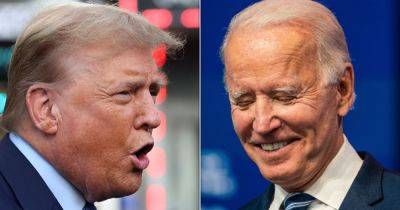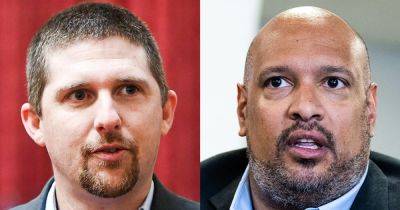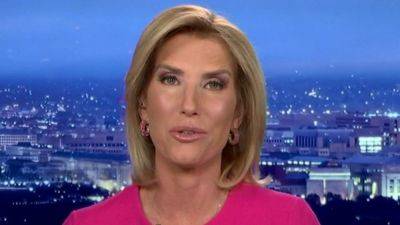As Biden Makes His Case for Re-Election, the Cost of Insulin Takes Center Stage
Kaye Peterson, a 66-year-old retired librarian, is a direct beneficiary of one of President Biden’s proudest domestic policy achievements: lowering the cost of insulin for seniors.
A longtime diabetic, Ms. Peterson for much of her life spent around $300 a month on insulin to keep her blood sugar at a safe level. Now she pays $35 and uses the savings to help fund her room in an assisted living facility in Kentucky.
Mr. Biden’s policy, she said on a recent afternoon, was a “godsend” because it enshrines into law that Americans on Medicare, the federal health insurance program that covers people over 65 and some younger ones with certain disabilities, will not spend more than $35 per month on insulin.
As Mr. Biden makes his case for re-election, he regularly cites the cap on out-of-pocket costs for insulin on TikTok, in campaign advertisements and in speeches around the country. He sees the law as a crucial part of his record heading into the 2024 election, with bipartisan support and particular resonance for Americans with diabetes, one of the most common chronic diseases in America.
It also mirrors something of a generation gap in Mr. Biden’s base of support. Recent polling shows that voters older than 65, who usually vote Republican, are emerging as reliable supporters of Mr. Biden.
Younger voters, however, are showing signs of dissatisfaction. And some of those voters say they are still hoping for the reassurance of having the $35 limit written into law for them.







